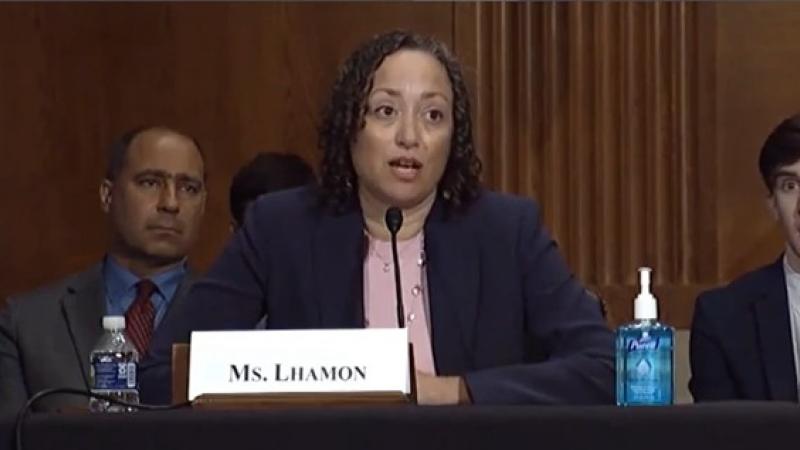Biden's Homeland Security pick flagged by whistleblowers for preferential treatment with visas
Inspector general concluded in 2015 that Alejandro Mayorkas' interventions in Democrat-connected cases violated department policies after 15 whistleblowers complained.
Alejandro Mayorkas, Joe Biden's choice for Homeland Security chief if he becomes president, was flagged in 2015 by the agency's internal watchdog for improperly intervening to help Democrat-connected foreign investors involved in the EB-5 work visa program, records show.
Then-Homeland Security Inspector General John Roth wrote that the Mayorkas interventions as President Obama's deputy homeland secretary proved exceedingly rare because as many as 15 "courageous" whistleblowers inside the U.S. Citizenship and Immigration Service came forward to report his behavior and nearly all wanted to keep their identities secret to avoid retaliation.
"Each conveyed the same factual scenario: certain applicants and stakeholders received preferential access to DHS leadership and preferential treatment in either the handling of their application or petition or regarding the merits of the application or petition," Roth wrote at the time.
He added: "Being a whistleblower is seen to be hazardous in the Federal Government, and a typical investigation would have one or perhaps two. That so many individuals were willing to step forward and tell us what happened is evidence of deep resentment about Mr. Mayorkas' actions related to the EB-5 program."
You can read the report here.
The IG report sharply rebuked Mayorkas for creating the "appearance of favoritism and special access" by intervening in three EB-5 visa matters involving companies that "were prominent or politically connected" to Democrats.
"Mr. Mayorkas was in contact, outside of the normal adjudication process, either directly or through senior DHS leadership, with a number of applicants and other stakeholders having business before USCIS," the report said. "This method of communication violated established USCIS policy for handling inquiries into the program."
In the three cases cited by the IG, the report alleged that Mayorkas:
- "[P]ressured staff" to expedite the review of a Las Vegas casino investment at the urging of the then-top Democrat in the Senate Harry Reid.
- Engaged in an "unprecedented" intervention to help a company chaired by former Democratic National Committee Chairman Terry McAuliffe
- Instructed USCIS to reverse a decision to deny EB-5 funding for Sony movie projects in Los Angeles after hearing from Pennsylvania's former Democratic Gov. Ed Rendell.
The interventions, the report added, "lowered morale of those involved" inside the agency, and the decisions in each of the cases would have been different if Majorkas had not gotten involved.
"Staff witnessed Mr. Mayorkas inserting himself in unprecedented ways into an adjudicative process governed by statute, regulation, and USCIS policy," the report added. "As a result of his deviation from the normal process, applicants and stakeholders with whom he had just been in contact received a specific benefit.
"Many employees concluded, not unreasonably, that the pressure exerted on them was because the individuals involved were politically connected," it added.
In an interview, Mayorkas insisted his interventions in the cases were not for political reasons but to improve policy and that any criticism of his work was "unfounded."
"At USCIS I found that a lack of clear and consistent policies contributed to inconsistent and at times incorrect adjudications," he wrote in a response to the IG.
The IG rejected his explanations in its final report.
"Regardless of Mr. Mayorkas' motives, his intervention in these matters created significant resentment in USCIS. This resentment was not isolated to career staff adjudicating within the EB-5 program, but extended to senior managers and attorneys responsible for the broader USCIS mission and programs," the IG wrote.
"The juxtaposition of Mr. Mayorkas' communication with external stakeholders on specific matters outside the normal procedures, coupled with favorable action that deviated from the regulatory scheme designed to ensure fairness and evenhandedness in adjudicating benefits, created an appearance of favoritism and special access," it concluded.















